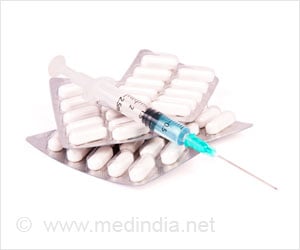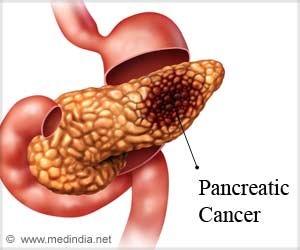Key risk factors for persistent opioid use after surgery in pediatric patients have been discovered.

‘Prescription patterns for opioids after surgery in children and adolescents may be associated with long-term use and abuse.’





It is therefore critical for clinicians to understand risk factors for opioid dependence in this vulnerable population, and to develop strategies to prevent long-term opioid use. Dr. DelPizzo and colleagues examined insurance claims from Truven Health Marketscan data from patients under the age of 21 who underwent inpatient or outpatient surgery from 2013 to 2017. The primary outcome examined was persistent opioid use after surgery, defined as one or more additional filled opioid prescriptions between 90 and 180 days post-surgery.
Out of more than 3.7 million patients, about 9% (N=345,523) filled at least one opioid prescription within six months after surgery, and 0.3% (N=11,334) developed ongoing opioid use.
Several risk factors were identified for persistent opioid use: older age, female sex, earlier year of undergoing surgery (e.g., 2013 versus 2014 through 2017), higher burden of comorbidities, previous use of antidepressants, residence outside of the Northeastern United States, having undergone an inpatient or a musculoskeletal procedure (versus general surgery or other specialties), and previous opioid use.
"This data gives an indication that providers may be able to use a patient's baseline characteristics to predict which children and adolescents are most at risk for trouble with opioids during the postsurgical period," Dr. DelPizzo noted.
Advertisement
In addition to this study, HSS is ramping up further research on opioids with the help of a $3 million grant from the Starr Foundation. "Future research should explore what practical methods can be put into place to identify these at-risk pediatric patients and how to streamline protocols to help prevent long-term opioid dependence in these patients," Dr. DelPizzo concluded.
Advertisement














